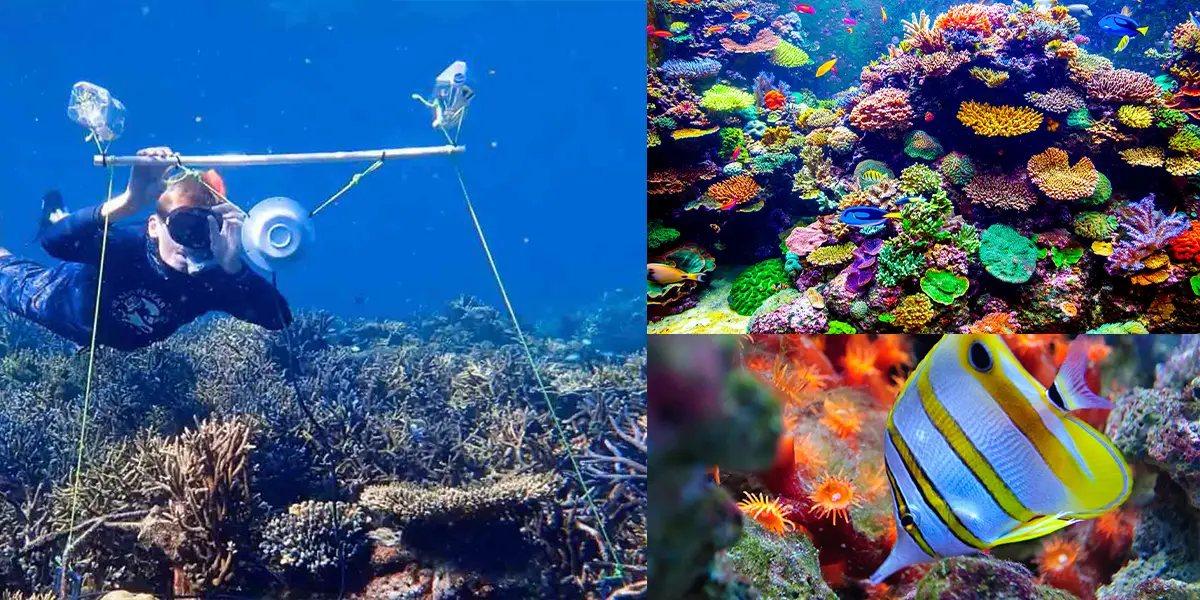Study Shows Underwater Speakers Help Revive Dying Coral Reefs
Tags: opinion

Coral reefs provide a habitat for many different lifeforms, including fish, shellfish, seaweed, reptiles, bacteria, and fungi. The organisms live in a delicate balance, and despite covering less than 0.2% of the total surface area of the oceans, coral reefs are said to support 25% оf all life marine life. Coral reefs around the world face a variety of threats and many coral species are becoming endangered.
Scientists are currently studying different ways that coral reefs can be rejuvenated, including growing coral in a lab and reintroducing it to the wild, and more recently, using loudspeakers to bring dying coral back to life.
A paper published last year in the journal Nature Communications details how sound can actually rejuvenate dying coral, and perhaps coral that is already dead. The paper describes how researchers used speakers to play sounds that are often heard in healthy coral reef systems. The researchers found that the sounds attracted fish to the area, who help clean the reef and create new spaces for coral to grow.
Co-author Professor Andy Radford, from the University of Bristol, said that bringing the fish back is a vital first step in repairing coral reefs.
“If combined with habitat restoration and other conservation measures, rebuilding fish communities in this manner might accelerate ecosystem recovery at multiple spatial and temporal scales. Acoustic enrichment shows promise as a novel tool for the active management of degraded coral reefs,” Radford said.
There are many environmental factors that have been attributed to the decline in coral levels, including nitrogen enrichment from sewage and fertilizer runoff.
Several factors are leading to the increased deaths of coral reefs globally. A recent study found that the primary factor in the death of corals in the Florida Keys is nitrogen enrichment from sewage and fertilizer runoff, as well as ocean acidification. Rising ocean temperatures have also been blamed, although some studies have suggested that coral could be forming a resistance to higher temperatures.
IMAGE FEATURED1: Volodymyr Goinyk
IMAGE FEATURED2: Boris Sosnovyy
IMAGE FEATURED3: Harry Harding / University of Bristol
Leave Comment: